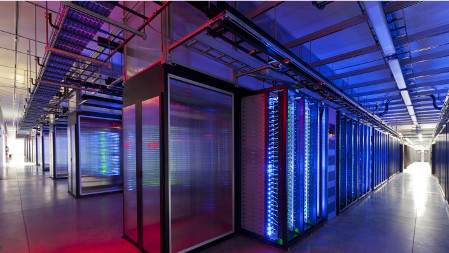Where Is the Broadcast Industry Heading?
By Jim Bask
From TVTechnology
Prognostications on how an all-IP future will revolutionize media distribution
I could fill this entire article with quotes from the smartest, most knowledgeable people of by-gone eras, with predictions that were completely wrong, even laughable today. And the fact that I have spent more than 50 years in broadcasting—the last half of those working for Belden—gives me no real clairvoyance about the future of broadcasting. But allow me, dear readers, to tell you what I think will be happening to our industry. Your job is to tell me where you think I am wrong. If you are reading this article in 2025 or 2050, then some of my suggestions might be equally laughable.
YOU ARE NOT ALONE
|
As of the end of 2017, there were a little more than 33,000 broadcasters in the United States of America. This includes AM broadcasters, FM broadcasters, VHF broadcasters, UHF broadcasters and many low-power broadcasters, translators and other licensed players. It is very clear that this industry is going through a transformation where some will thrive, some will survive, some will morph into something else and some will cease to exist.
One of the problems is the size of broadcasting as an industry. If you compare it to the data industry, broadcasting is less than 1 percent the size of the data industry. And while the data industry is growing, it has its own problems, which may or may not relate to what broadcasters need. But let me start with my first obvious prediction:
DIGITAL HAS WON
Sure our eyes and ears are analog—until we have direct-to-brain connections, I think analog will be around for a long time. But once the originating signal has been converted from photons to electrons (video) or air pressure to electrons (audio), it makes no sense to continue in analog. There used to be an argument that analog was better than digital, but I never hear this argument any more. And if the quality of the final product needs to be better, we can just throw more bits into the pot. Already we can process both video and audio way beyond our ability to see or hear the result. Then it’s just a question of computing power and the cost involved. Which leads to my second prediction:
EVERYTHING IS GOING ETHERNET…[continue reading]


